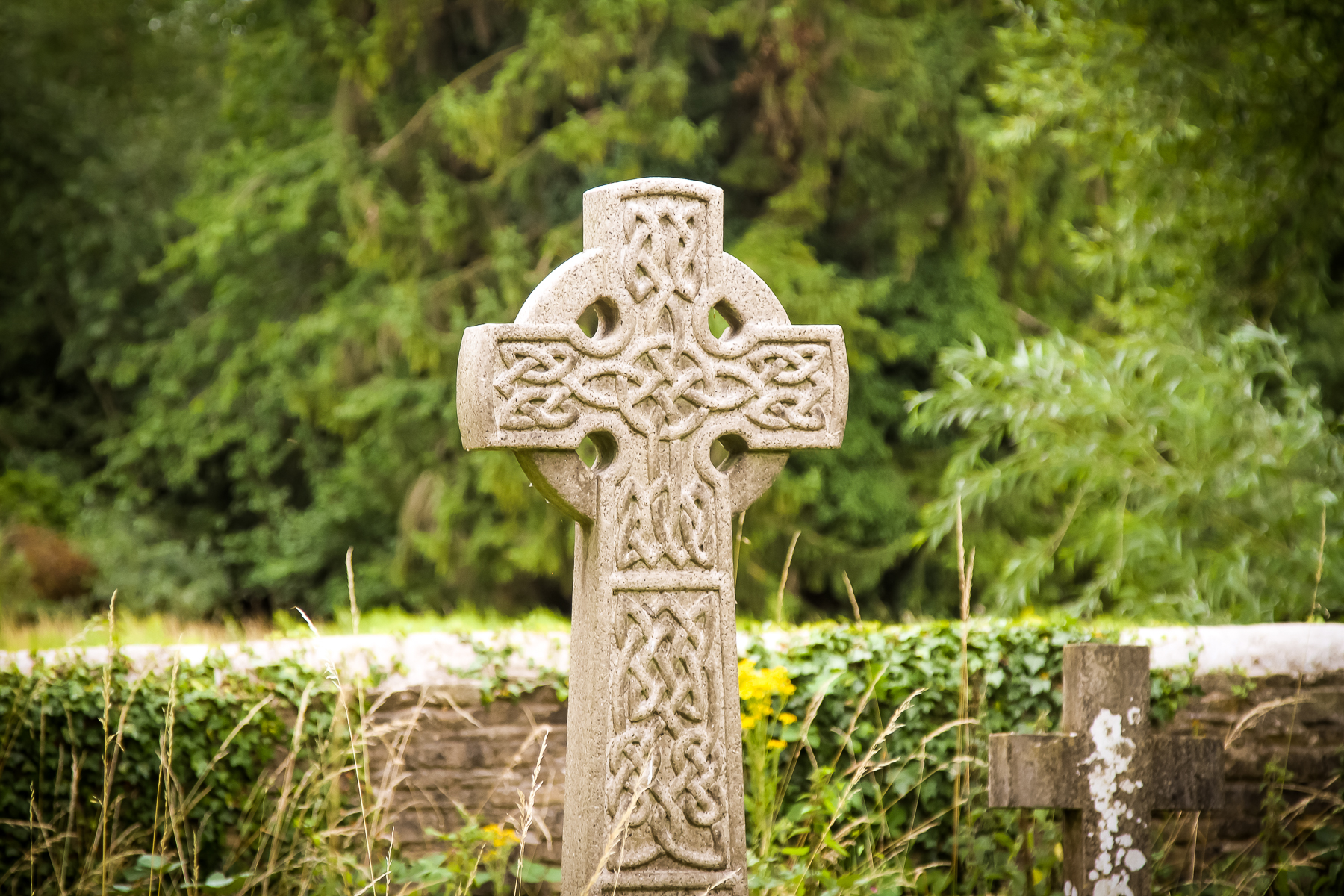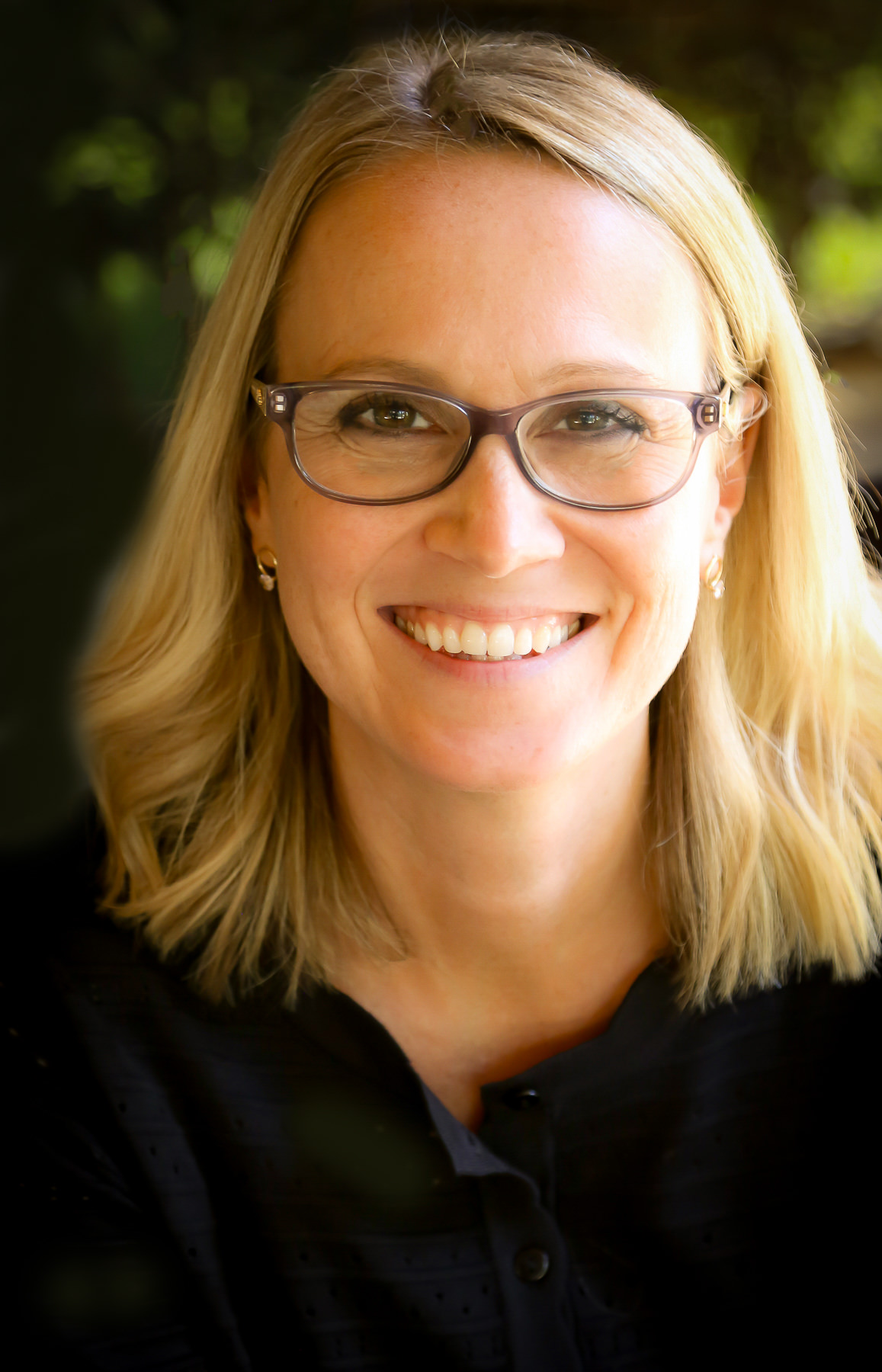Holywell Cemetery.
Of all the places I saw during my stay in Oxford, I’m surprised by how much this one got a hold of me.
The graveyards in Oxford are wild and unmanicured, teeming with vines and blackberry bushes and overgrown grass. Contained inside dusty black wrought-iron gates, they look like something right out of Disney World’s Haunted Mansion. Even the tombstones seem more scattered than placed and many are cracked and broken and tipping over into their neighbor’s space. They stand in stark contrast to the pristine cemeteries I am used to seeing back home. At first, I was struck with a sense of sadness at the apparent neglect. However, I soon learned that the graveyards are kept like this deliberately because the overgrowth provides a haven for wildlife to feed from in the winter season. This fact still fascinates me.
A couple days into my visit, I finally got to get a closer look at one when I passed the gate to Holywell Cemetery and noticed it was open. Holywell is a famous burial ground on the edge of town, where well-known poets, authors, and philosophers, like Austin Farrer, Charles S. Williams, Kenneth Grahame, and Hugo Dyson, are buried. But there are countless others – unknown bakers, tailors, jewelers, and robe-makers. The whole place feels alive and other-worldly and invites a hushed and reverent stillness. The hazy gray light pours onto everything in such a way you’d swear you could scoop it up in a bucket. There is a deep sense of something enchanted and enduring and peculiar. And to my surprise, once inside the gates, it was not sadness I felt, but hope.
As I meandered my way through the grounds, I came to a man sitting on a bench, drawing. He explained how I could get to Charles Williams’ tombstone, then casually breathed out the words, “I love coming here.” When I asked him why, he simply said:
“Because it reminds me that life is wild.”
I agreed enthusiastically as I am known to do when something rings true. We chatted for another minute or two, then I thanked him for the conversation and continued on my way. But even after leaving Holywell, his words continued to stir in my soul.
For all my love for tended and cultivated things, for all my longing for order and beauty, for all my understanding of purpose and intention, I feel in my bones the puzzling reality that life is wild.
Sometimes we need great reversals to shake us awake to the futility of all our attempts at control. Holywell is like that. I glimpsed a freedom inside those wrought-iron gates. It’s not a freedom from all order and purpose, but a freedom from our oppressive striving to make it so. The former has something to do with stewardship and calling, the latter is about dominance.
We may tend, but we can never tame.
As Providence would have it, I ran into the man in the graveyard again the very next day. And I got to express to him how much his words meant to me. He shared with me that this day was his daughter’s birthday. She would have been 33. She died when she was 11. She was his wild one, he told me. And then he reminded me that the wildness of Holywell is intentional. Someone still laid those winding paths, purposed the grass to feed the wildlife.
And I realized this is just as true.
Life is wild, but it is not wild and waste.
There is a difference.
I hope I get a chance to return to Holywell one day. Until then, I tried to capture a bit of what I was feeling as I walked along the paths through tipping tombstones and un-mowed grass. I’m not sure I’ve found the right words yet, but they’ll have to do for now.
When I die
Rest me in the wild place.
The one on the edge of town
with the blackberry brambles
and the dancing grass
that sways untended
along unruly paths that haven’t seemed
to make up their minds.
You can keep
your controlled narratives
and manicured piety.
Give me the poets and makers.
And I’ll roam
here unhindered
inside this wrought iron garden
where the stones tell stories without plot lines
and life is not pretended.
Until at last
at the edge of myself
I find the wildness
was intended.
And in all my cracking, tipping, breaking,
I am called by name
and mended.
![]()
Featured image is courtesy of Lancia E. Smith and used with her glad permission for Cultivating.
This image is of one of the beautiful Celtic Cross gravestones in Holywell Cemetery, Oxford.
Nicole Howe is a writer, speaker, Bible study teacher, wife, and homeschooling mama to four kiddos. She serves as editor and regular contributor for the quarterly publication, An Unexpected Journal and holds a Masters Degree in Cultural Apologetics from Houston Baptist University, where she discovered the power of the imagination to restore awe and wonder to her floundering faith. Drawing deep insights from her ordinary experiences, Nicole is passionate about helping others discover the Truth, Goodness, and Beauty of Christ in broken and unlikely places. When she’s not devouring books, Nicole loves singing, pretending to be a chef, and performing Improv at her local theater.
Leave a Reply
A Field Guide to Cultivating ~ Essentials to Cultivating a Whole Life, Rooted in Christ, and Flourishing in Fellowship
Enjoy our gift to you as our Welcome to Cultivating! Discover the purpose of The Cultivating Project, and how you might find a "What, you too?" experience here with this fellowship of makers!


Dear Nicole,
This. is. beautiful.
I am so thankful you didn’t wait and draw neat lines before you published, but let the wild words flow.
I am a housewife in the antipodes, the wife of a farmer in rural Australia. Five weeks ago my husband had a motorbike accident in the distant Australian desert and sustained multiple broken bones and internal injuries. I flew across half a continent to be with him, but the night before I left the Lord asked me whether I could surrender him if He meant to take him Home. In His mercy He did not, and we are now home, my husband restored to me and to our children. But I have struggled to process the call that night, and how things would be different – for me and in me – were he gone. Somehow you have given me words. Thank you so very much.
Alice, thank so much for taking the time to share this with me. What a difficult and heart rending call that is! I am so glad to know your husband was restored. I imagine neither of you will quite ever be the same…in all kinds of ways.
I am humbled and grateful that my these words have given you some language for what is truly inexpressible. Whenever I write, I always believe there is at least ONE person who needs to read it (even if that person is me sometimes). I never know who that person is, but it brings me great joy when I discover them. Again, thank you. May you and your husband and children find refreshment and renewal in the months ahead!
What a lovely expression of tenderness….I was carried along with you into the high grasses & the tension between order & its opposite, which doesn’t have to be chaos but is often felt to be. The tone & pace of your piece gave me a little escape into peacefulness this evening. Thank you.
Truly one of the most breathtaking poems I have encountered in a very long time. Thank you for writing it…you have voiced something I’ve never been able to find words for but have also felt so keenly.
This was beautiful. Every word so thoughtful and filled with love Thank you for sharing this. Words to be treasured.
I love this Nicole. I remember that cemetery and its wild beauty but I love how you saw it and separated out its parts and let them speak, let them open a door. I love the poem.